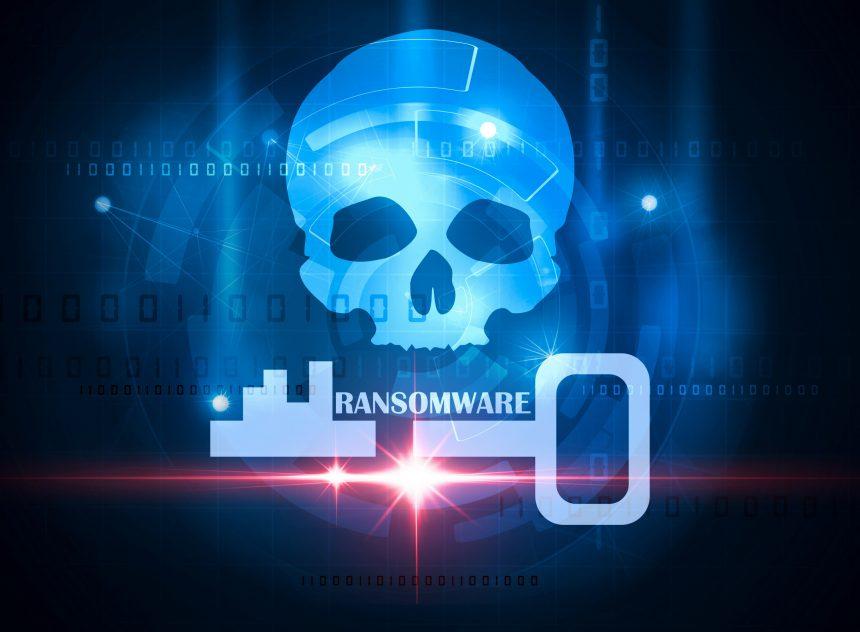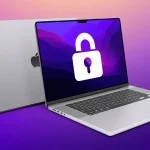Delta Plus Ransomware Locks Files with a Strong Cryptographic Algorithm
Researchers at information technology training company Infosec have identified another ransomware threat known as Delta Plus Ransomware. Delta Plus Ransomware operates in the same manner as most ransomware as it works to encrypt files and then demands a ransom to unlock them.
Delta Plus Ransomware locks files with a strong cryptographic algorithm rendering them inaccessible. Users are then asked to pay a ransom to the hackers behind Delta Plus Ransomware to receive the required decryption key and software tool.
Users can identify the infection via the telltale ‘.delta’ extension appended to each encrypted file. The Delta Plus Ransomware ransom note is named ‘Help Restore Your Files.txt.’ The hackers demand a massive payout of $6000 dollars. That number can be cut in half to $3000 dollars if contact is initiated in the first 72 hours following the Delta Plus attack.
The hackers behind Delta Plus Ransomware also specify that users must send the money to the provided crypto-wallet address and that the payment must be made in Bitcoin. Like other well-known ransomware, Delta Plus Ransomware will also decrypt a single file as proof of its ability to unlock all encrypted files. The sample file can be sent to the ‘decryptdelta@gmail.com’ email address.
Surviving a Delta Plus Ransomware Attack
Although it may seem simple enough to log into your crypto-wallet and just meet the ransomware operators’ demands, in reality, it is the last thing the Delta Plus Ransomware victims should do. There is no guarantee that the hackers will provide a decryption key or even communicate with users after payment. Also, paying the ransom only enables the hackers to carry out their future attacks. Instead, users should employ a reputable malware remediation device to scan for and remove elements associated with this nasty ransomware strain.





